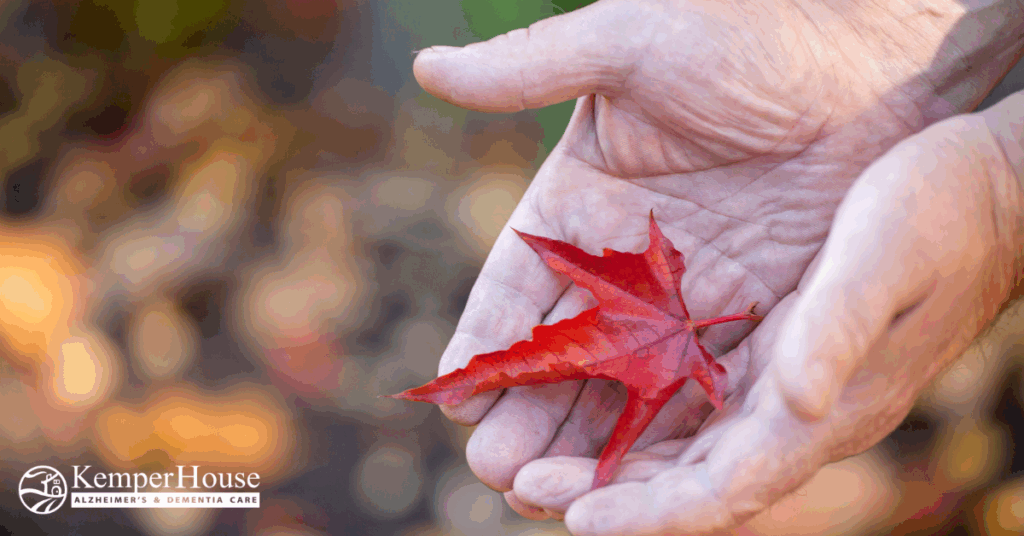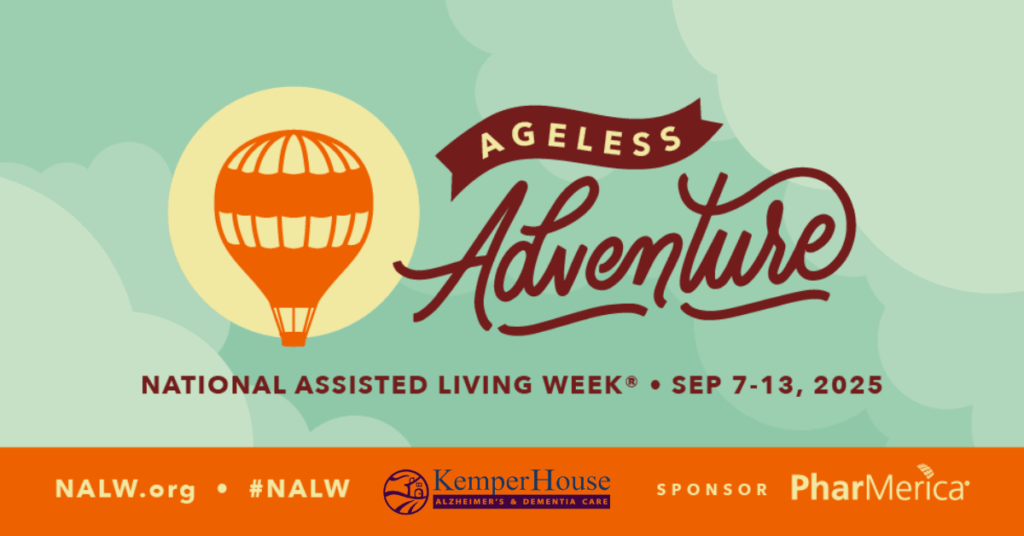
Cold Weather, Warm Care: Winter Safety For Those With Dementia
Winter brings unique challenges for everyone, but for individuals with Alzheimer’s or other forms of dementia, the season can pose additional safety concerns. Cold weather, shorter days, and potential hazards like ice and snow require special attention to ensure the well-being of memory care residents. At Kemper House, we prioritize the safety and comfort of our residents year-round, and we’re sharing some important winter safety tips that can help families and caregivers navigate the season.
- Prevent Falls
Ice and snow can make outdoor pathways dangerous. Take these steps to minimize fall risks:
- Clear sidewalks and driveways promptly and sprinkle sand or salt to improve traction.
- Ensure residents wear sturdy, non-slip footwear designed for winter weather.
- Limit outdoor activities to well-maintained areas and encourage residents to use handrails when available.
- Dress for Warmth
Memory care residents may not recognize when they are too cold, increasing their risk of hypothermia.
- Layer clothing to provide warmth without restricting movement.
- Use accessories like hats, scarves, and gloves to protect extremities.
- Keep indoor spaces comfortably heated and provide blankets for added coziness.
- Stay Hydrated
Cold weather can reduce thirst, but proper hydration remains crucial for overall health.
- Encourage regular water intake and offer warm beverages like herbal teas or decaffeinated options.
- Monitor for signs of dehydration, such as dry skin or increased confusion.
- Combat Seasonal Affective Disorder (SAD)
Shorter daylight hours can lead to mood changes and increased agitation in individuals with dementia.
- Incorporate light therapy using bright, full-spectrum lamps.
- Schedule activities during daylight hours to maximize exposure to natural light.
- Create a cozy, cheerful indoor environment with bright colors and familiar decorations.
- Prepare for Emergencies
Winter weather can bring power outages and travel disruptions. Be prepared:
- Ensure emergency supplies, including flashlights, batteries, and extra blankets, are readily available.
- Have a plan for heating and lighting in case of power outages.
- Keep an updated list of emergency contacts.
- Monitor Wandering Risks
Cold weather increases the dangers associated with wandering.
- Use GPS tracking devices or wearable identification bracelets to ensure quick location if a resident wanders.
- Install alarms or alert systems on doors to prevent unsupervised outdoor excursions.
- Create a safe indoor walking path to reduce restlessness.
- Promote Skin Health
Cold air and indoor heating can lead to dry skin.
- Use gentle, moisturizing lotions to protect skin.
- Encourage residents to use lip balm to prevent chapping.
- Ensure hands are dried thoroughly after washing to avoid irritation.
- Plan Engaging Indoor Activities
Winter weather may limit outdoor time, but indoor activities can keep residents active and engaged.
- Offer seasonal crafts, music therapy, or baking sessions to lift spirits.
- Incorporate gentle exercises like chair yoga or stretching to promote physical health.
Winter safety for memory care residents requires proactive measures, but with careful planning and attention, the season can be enjoyable and comforting. By addressing these winter-specific needs, caregivers and facilities can ensure a secure and fulfilling environment for individuals living with Alzheimer’s or dementia.
-Amanda Radca, The Kemper Company


